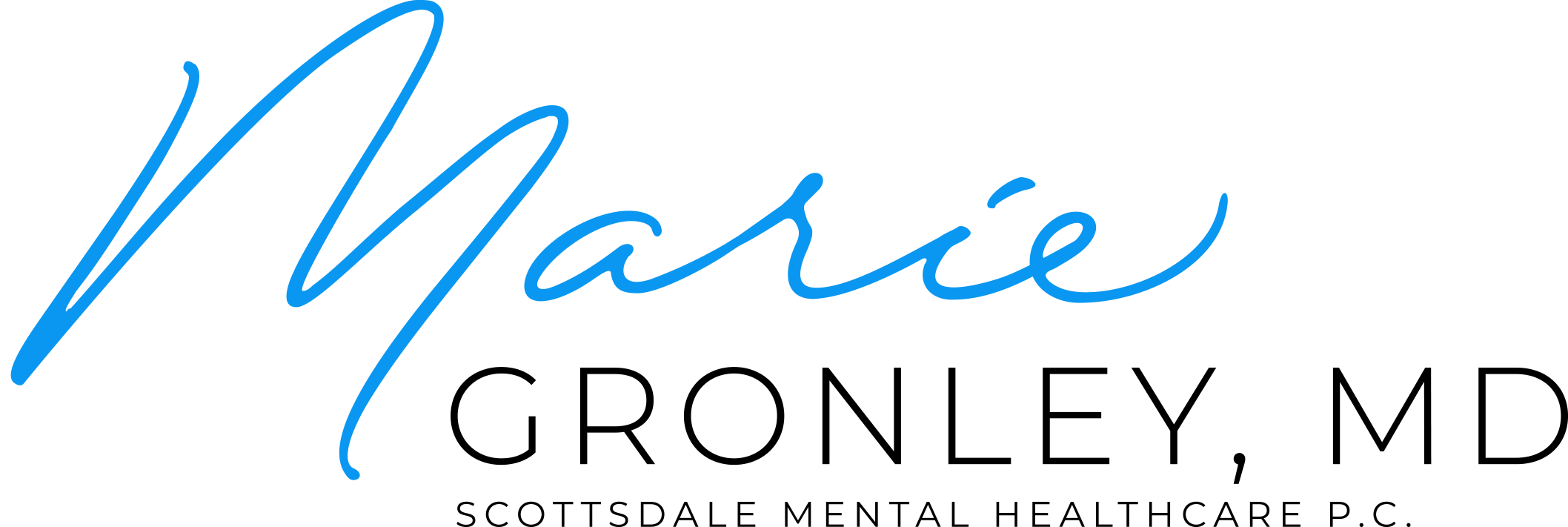TREATMENT RESISTANT OCD
Typically the first-line therapy for OCD are the SSRI antidepressants and cognitive behavior therapy. The dosing and ramp-up period is higher and longer for OCD than for depression treatment with these medications. If the patient is not responding to the initial medication, next we switch to an SNRI medication. If these therapies aren’t remitting the symptoms; augmentation with an anti-psychotic might be necessary. About one-third of the time these anti-psychotics will work. Deep brain stimulation DBS is showing a lot of promise for neurological and psychiatric disorders including depression and OCD. Many large hospitals such as the Mayo clinic are performing thousands of implants for DBS, with good success rates.
Deep Brain Stimulation – Treatment Resistant OCD
DBS sends electrical currents to stimulate parts of the brain responsible for OCD. This therapy was originally developed for epilepsy however it was later discovered to relieve patients who also have depression. Now there are studies being conducted using DBS to treat depression, and some of these studies claim to have cured some individuals of depression. DBS therapy is greatly improving. One of the improvements is the ability to remotely regulate the amount and frequency of the therapy the by the patient or practitioner. These adjustments will correspond with the symptoms. The Clevland Clinic and Mayo Clinic perform DBS on a regular basis and might be the future of psychiatry.
The Results of the Study
50 patients were involved in the study, each patient suffered from severe OCD and treatment resistant OCD. These patients have had positive results for an 8 year period following the study. The study reveals that 73% of the patients reported a 25% reduction in OCD symptoms and these results continued for at least 8 years which shows promise for a long term treatment with DBS. Patients considered for the study were the most severely affected with the OCD disorder and had to have suffered for at least 5 years. As of 2022 more recent studies confirm that the efficacy of deep brain stimulation for teatment resistant OCD is about 50%. Some studies claim as high as 60%.
These statistics are quite favorable for severe cases. 40 studies fulfilling inclusion criteria. 29 of them reported results on short-term response to DBS in 230 patients (follow-up: 18.5 ± 8 mo, range: 7-36) and eleven on long-term response in 155 subjects (63.7 ± 20.7 mo, range: 38-96). Mean Y-BOCS reduction reported on short-term studies was 47.4% ± 21% and on long-term studies 47.2% ± 9.9%, confirming the long-term stability of the response. A significantly greater number of patients fulfilled criteria for response (Y-BOCS reduction > 35%) on the long-term studies (70.7%) than in the short-term ones (60.6%), although the maximum symptom reduction was achieved in general in the first 12-14 mo after DBS implantation. Comorbid depressive symptoms tend to improve in parallel to obsessive symptoms, although this correlation was not observed in all patients. DBS was well-tolerated by most OCD patients, with reversible hypomania as the most frequently reported side effect associated to stimulation. No clear clinical or biological predictors of response emerged from our data, probably due to the high heterogeneity on DBS application conditions in OCD patients. Last updated November 2022. Read more on DBS for OCD.
NEXT PAGE – OCD TREATMENT
